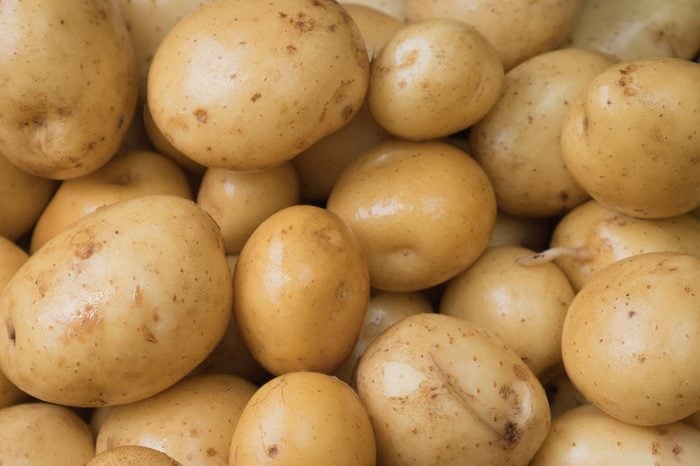
White potatoes
Potatoes are among the most versatile vegetables you can eat. You can serve them mashed, as French fries, as salty chips, and baked. Sure, potatoes are tasty, but this is one vegetable you do not want to overeat, especially when you’re probably eating them in one of their many altered forms with plenty of toppings (hello, loaded mashed potatoes with bacon!). These starchy vegetables can make you put on the pounds. Here are 20 other foods that are seriously not worth the calories.
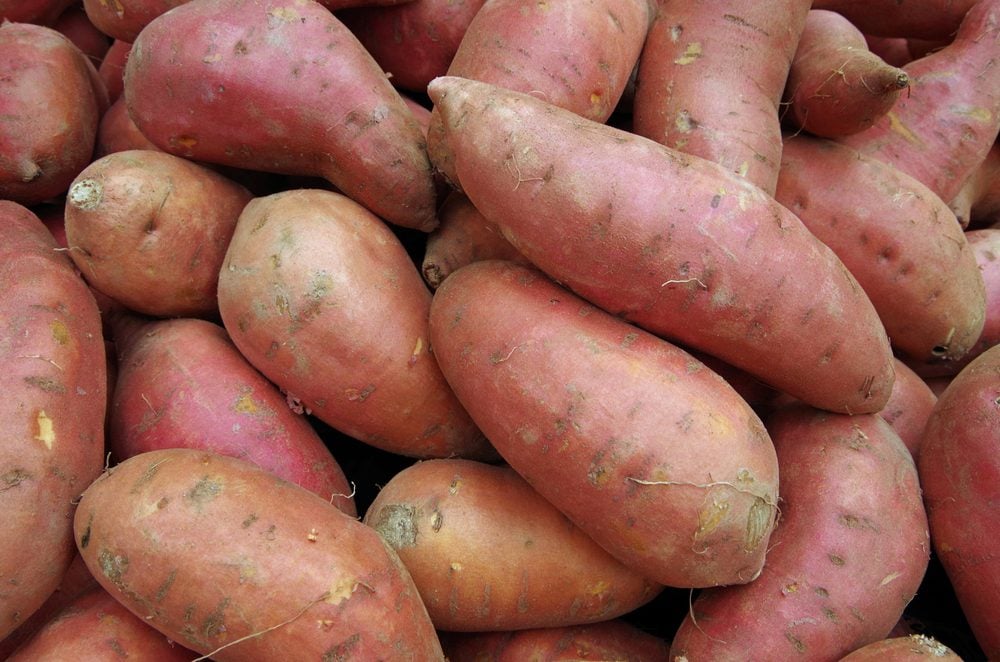
Sweet potatoes
If you got on the sweet potato bandwagon to avoid eating white potatoes, you may want to start reconsidering how many sweet potatoes you eat. They are still very high in calories and carbohydrates and can lead to weight gain, especially if you eat more calories than you burn.
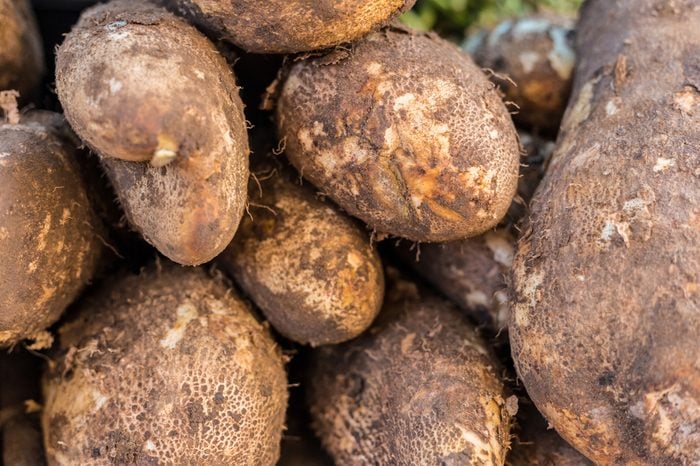
Yams
There has been much confusion about what is a yam and what is a sweet potato, but they’re not members of the same botanical family. Even with their distinct differences, neither vegetable is great if you’re trying to lose weight, because of their calorie count. According to Mascha Davis, a registered dietitian nutritionist with a master’s degree in public health, vegetables high in calories and sugar “will act like other high-caloric foods if overeaten; it will be stored [and] lead to weight gain.”
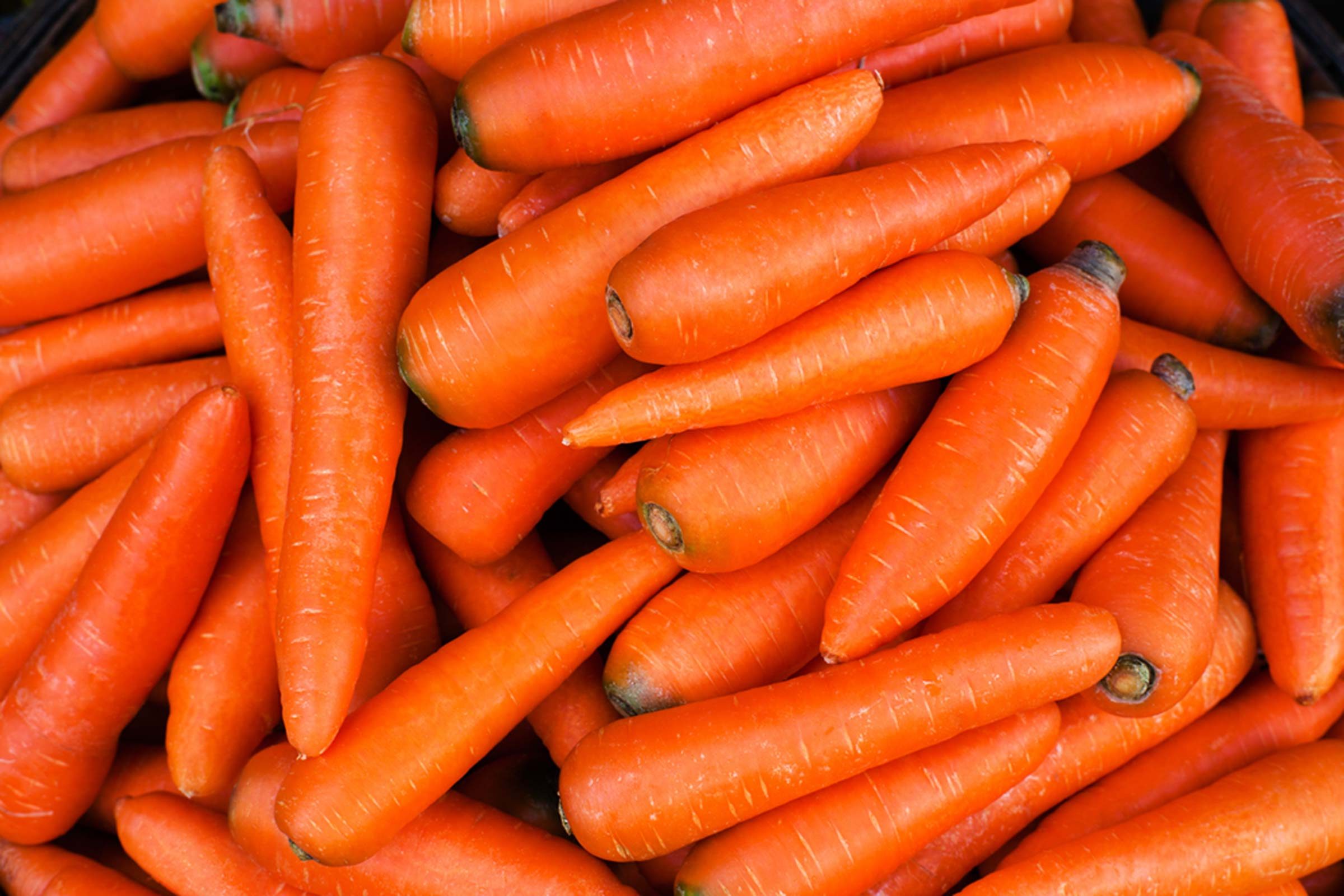
Carrots
If you think munching away on carrots like a bunny will help you lose weight fast, think again. Davis says that because of their sugar content, carrots are among the vegetables that are likely to make you gain weight if you eat excessive amounts. The sugar in carrots is sucrose, which is what you would buy at the grocery store, so always eat these orange veggies in moderation.
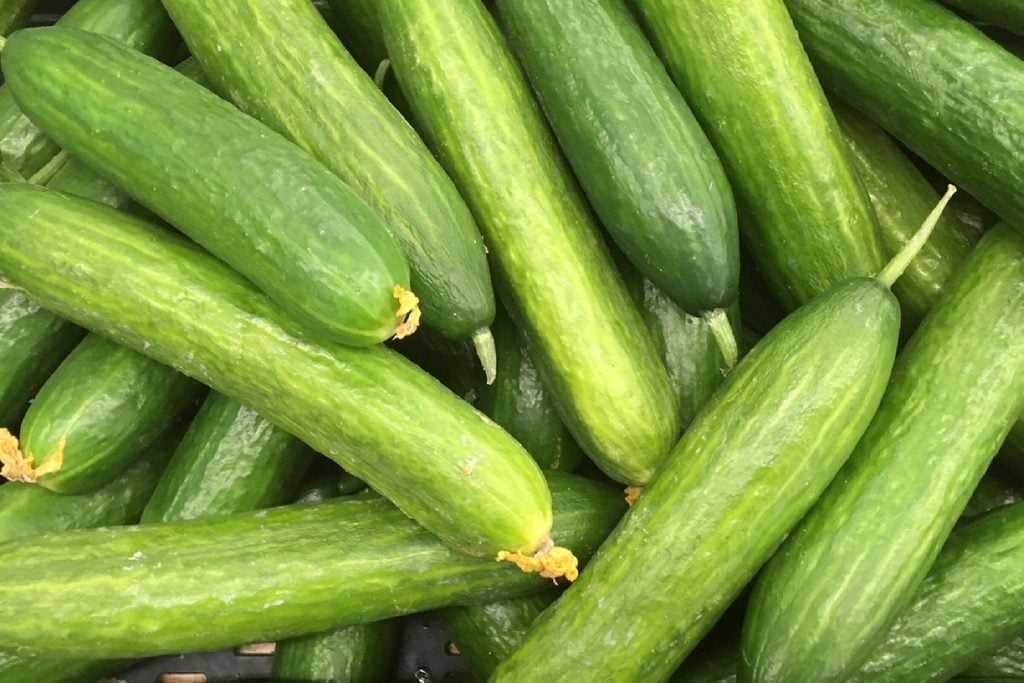
Cucumbers
Do you ever feel like you’re always hungry when you’re dieting? That’s probably because you’re not eating the right types of vegetables to keep you full. Anything without skin or pulp, like cucumbers, is lower in fiber and won’t make you feel full for long—making you reach for another snack afterward. Davis says this is why juices aren’t filling but smoothies can be. She suggests eating cucumbers with hummus as a healthy and more filling option. You can also explore the 10 ways your “healthy” salad could be making you gain weight.
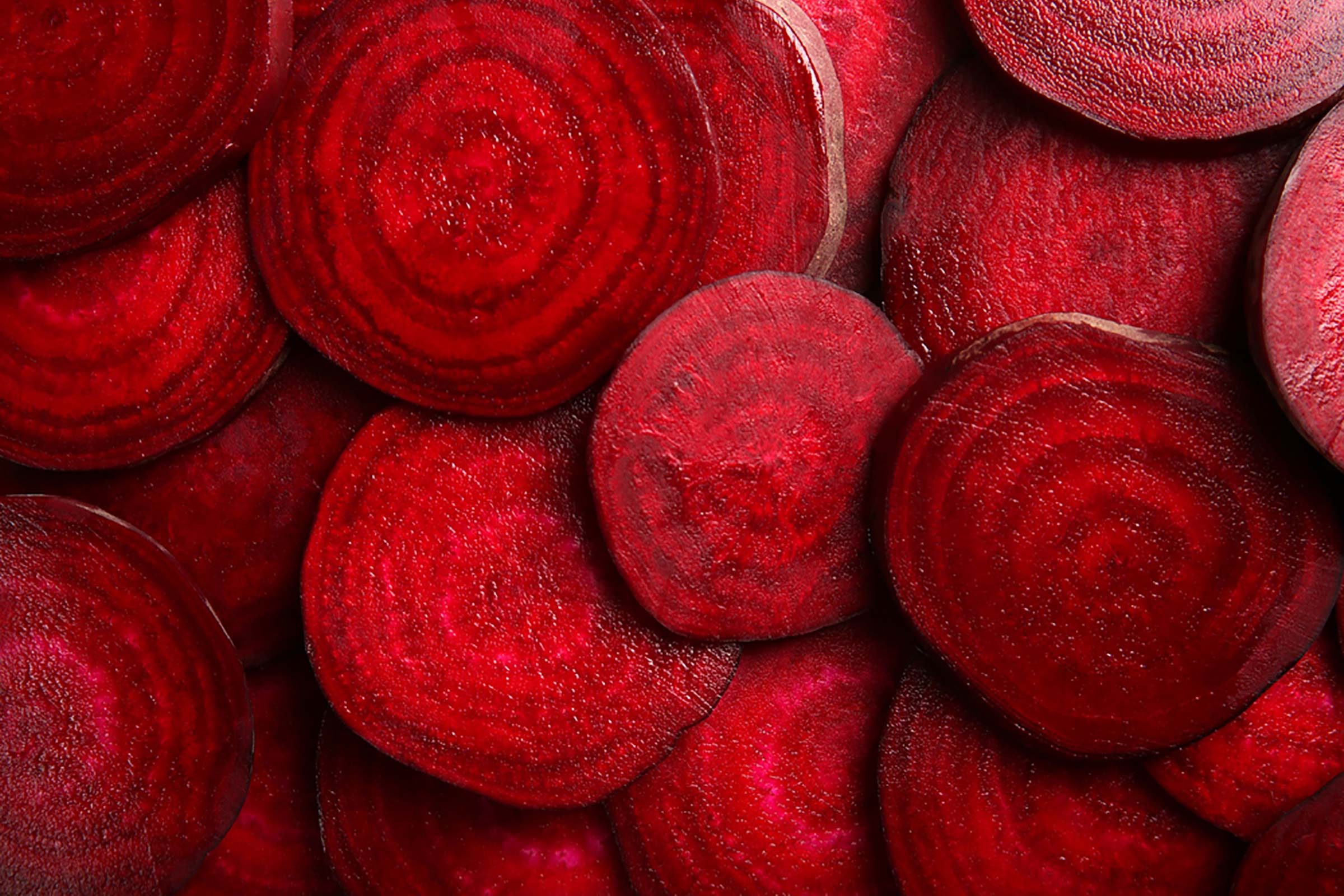
Beets
Another root vegetable that is high in carbohydrates, starch, and sugar is beets. Because your body absorbs the sugar quickly, your blood sugar levels can spike, “leading to a metabolic response that can stimulate fat storage and weight gain,” Davis says. Check out these 12 ways you get tricked into overeating.
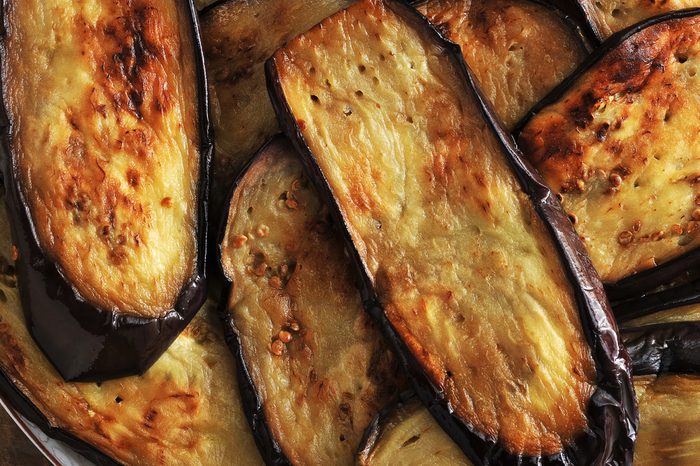
Fried vegetables
Although this observation is not based on entirely scientific evidence, fried food is often some of the tastiest. Unfortunately, studies have shown that eating fried foods can make you gain weight, especially if you already have a genetic predisposition to obesity. The oils that fried vegetables like zucchini and eggplant are cooked in are high in trans fats, which, although tasty, are unhealthy. Registered dietitian Joanne Larsen says that to avoid weight gain, the healthier alternative to eating fried vegetables is eating them raw; they will still give you a satisfying crunch. Find out the 11 cooking mistakes that could be making your food toxic.
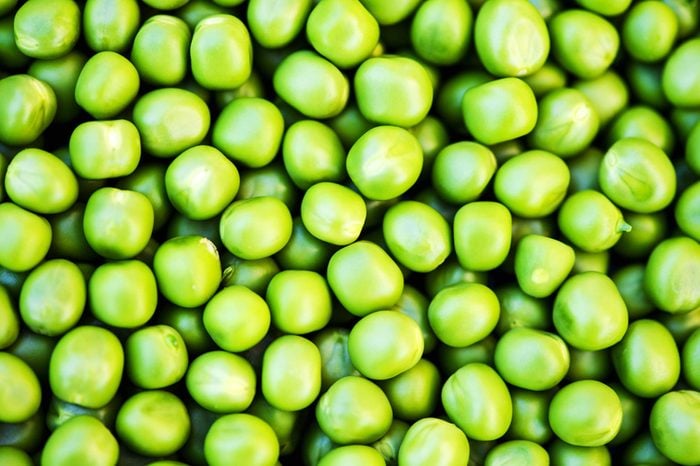
Peas
When you were a child, having to eat peas may have been the worst thing ever. As it turns out, though, you probably should eat them less often. Peas are rich in nutrients that your body needs, but they are also high in carbohydrates, and the calories can add up quickly, says registered dietitian Amanda Baker Lemein. “We need to consider starchy vegetables a food we have to watch portions on, similarly to how we think of other carbohydrate-rich foods.” Lemein says that the only “unlimited” foods to eat are non-starchy vegetables. Those include artichokes, asparagus, broccoli, and cauliflower. These 10 non-diet foods can actually help you lose weight.
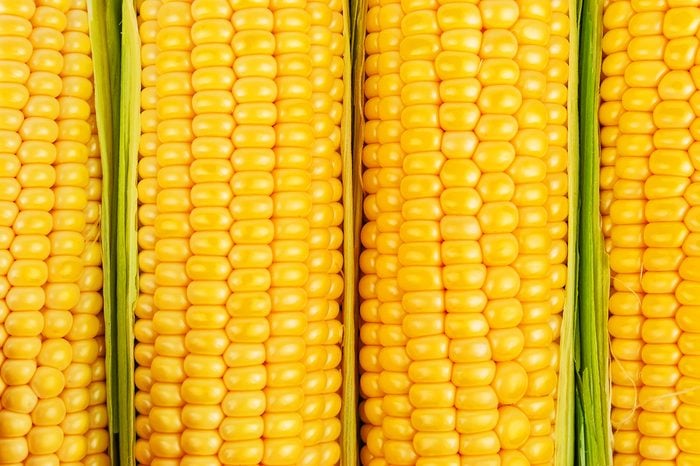
Corn
If you want to lose weight, corn should be eliminated from your diet, according to Kyrin Dunston, MD, author of Cracking the Bikini Code: 6 Secrets to Permanent Weight Loss Success. Sweet corn might make eating vegetables more enjoyable, but that sweetness means sugar—the catalyst to weight gain. “Sugar unbalances your hormones, including insulin and cortisol, which signals your body to store calories as fat. Hence the weight gain,” Dr. Dunston says.
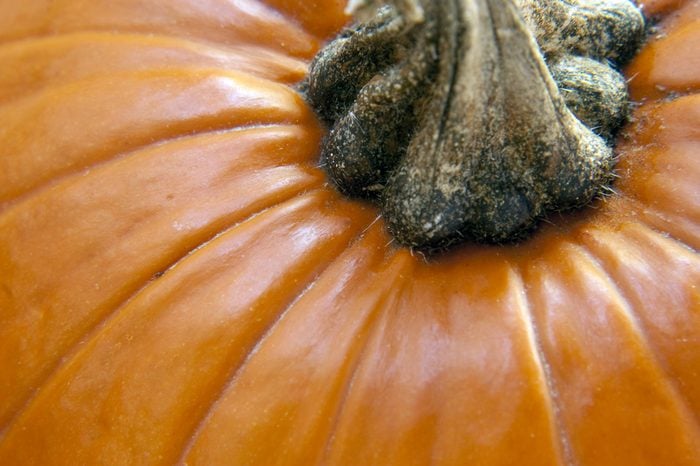
Pumpkin
Sugar always seems like the worst thing to eat when you’re on a diet, so it would make sense to eat vegetables low in sugar, right? Well, maybe not. Even though pumpkin is low in sugar, some pumpkin recipes can still be high in calories. Strictly speaking, pumpkin is a fruit, but it is often called a vegetable—and is healthiest when treated like one. Now, take a look at these healthy, filling weight-loss foods that should be on your shopping checklist.
